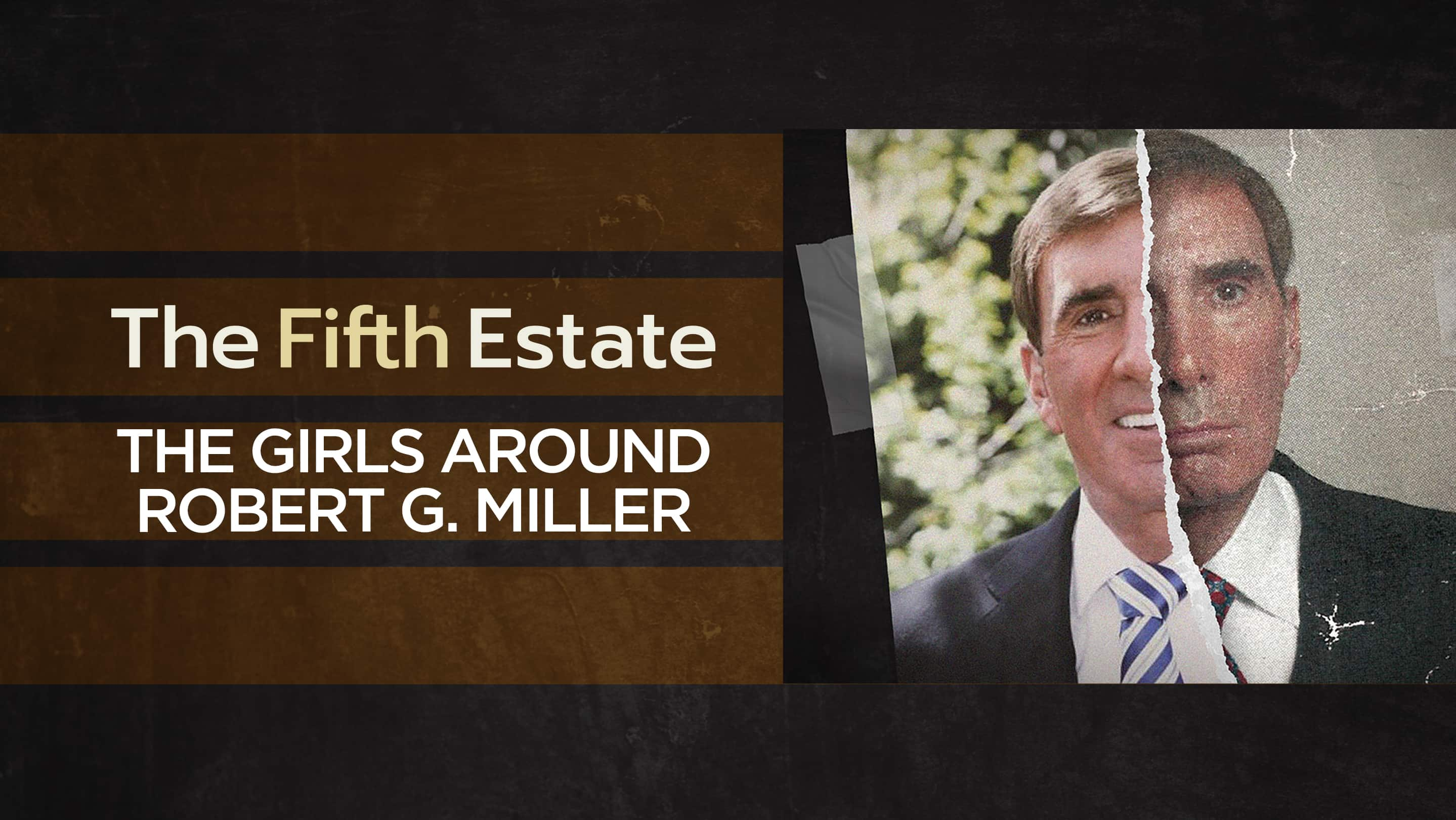By leaving the office of Robert Miller’s lawyer with $50,000, a woman implicitly agreed to a settlement and her case against the disgraced Montreal billionaire should be tossed out, according to a recent Quebec Superior Court ruling.
In February of last year, a Montreal law firm filed a class-action lawsuit application against Miller, alleging he paid dozens of underage girls cash and gifts in exchange for sex. Those encounters allegedly took place between the early 1990s and the mid-2000s.
Miller is the co-founder of Future Electronics — a Montreal-based multinational that was sold to a Taiwanese corporation for more than $5 billion last September, months after allegations against him surfaced in an investigation by Radio-Canada’s Enquête in partnership with CBC’s The Fifth Estate.
Last Friday’s ruling outlines a series of interactions between the woman, Miller’s legal team and his associate, Sam Abrams, which included a meeting in February 2023, shortly before the class-action process got underway.
Abrams is named in the class-action proposal and has been accused of acting as an intermediary between the billionaire and his alleged victims. Documents also state the woman was 17 when she met Miller and the sexual encounters between them continued for “several years.”
The class action has yet to be approved.
In last Friday’s ruling, however, judge Marc St-Pierre refers to Miller, 80, as an “abuser of young girls.”
Receiving money and a ‘letter’
In 2022, the woman was contacted by a CBC/Radio-Canada reporter who was looking into allegations against Miller, the judge wrote.
The woman then tried to get in touch with the billionaire, but it was Abrams — described in the documents as Miller’s “right hand” — who returned her phone call.
During that call, Abrams asked her how she was doing. She said she was fine but then admitted later in an email that she was having a hard time covering her monthly expenses.
Abrams followed up by sending her electronic transfers totalling $5,000 in January 2023, the court documents state.
After CBC/Radio-Canada’s investigative report on Miller was made public, Abrams told the woman, who was living in western Canada at this point, to come to Montreal for a meeting where she’ll be given money.
“The defendant Abrams acknowledges that he had told the complainant ahead of time that it was going to be a significant amount with the goal of putting an end to her and defendant Miller’s relationship,” reads the ruling from judge Marc St-Pierre.
Abrams was accompanied by Miller’s lawyer at that meeting. The woman was given $50,000 and a document that’s described in the court ruling as a “letter” that serves as a transaction receipt.
Miller’s lawyer explained to her what the document meant, who benefited from it and the details of its confidentiality clause, the court ruling states.
She left the office with the money without having signed the document. It was agreed that she would run it by a lawyer — a lawyer that was referred to her by the one who was representing Miller.
According to the ruling, Miller’s lawyer asked Abrams if he could trust the woman after she left the office.
“Abrams responded in the affirmative,” the judge wrote.
Soon after, the woman’s lawyer put her in touch with the firm that launched the class-action lawsuit application against Miller.
Allegations a Canadian billionaire paid teens for sex.
If you leave with the money, then it’s a deal, judge says
Judge St-Pierre says the woman claims she believed the sum of $50,000 was a gift.
But he said that’s hard to believe, considering she left with the money as well as the document. He said that makes it incompatible with gift-giving.
The court ruled the money was not a gift and there was no negotiation: The deal was made during the meeting in the lawyer’s office.
The lawyer who represented the woman leading up to last Friday’s ruling argued that the concept of consenting through silence did not apply in this case.
“He’s right, but consent can be inferred from the behaviour,” the judge wrote. “As far as the court is concerned, the complainant departing with the sum of $50,000 cannot be explained otherwise.”
Last month, a judge ruled that Miller, who has advanced Parkinson’s disease and a heart condition, could be questioned in this case, but only in writing, given the risk a verbal examination would pose to his health.
Source Agencies



